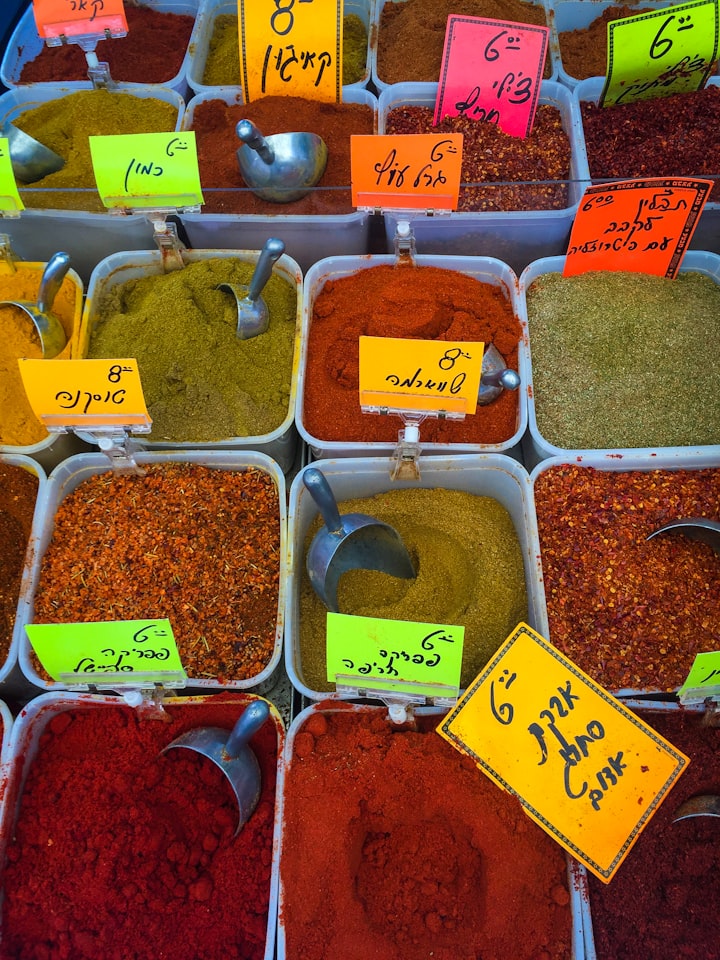3 Essential Steps To Reducing Narcissistic Abuse Symptoms.
There’s no quick-fix, but simple solutions can aid recovery.

I say reduce symptoms because completely preventing and treating the effects of narcissistic abuse takes time, dedication, and much more than I can share in one article.
“With time, you’ll come to see that the frantic, broken, anxious, unhinged version of you was nothing to be ashamed of. You were simply a kindhearted person reacting to a very unkind situation”. — The Black Butterfly.
Narcissistic abuse syndrome is compared to CPTSD and often leaves victims with ongoing psychological and physiological issues, including depression, anxiety, and digestive and cardiovascular dysfunction.
Although recovery from narcissistic abuse requires professional support for both the psychological and physiological symptoms, there are three steps that you can take yourself to improve the healing process significantly.
1. No Contact.
You can’t treat alcoholism with alcohol or narcissistic abuse with narcissists. No contact means not physically contacting your abuser in any way unless necessary. If they’ve got your clothes, buy new clothes, I’m talking life or death or legal reasons, other than that, stay well away.
No contact also means not contacting them in your mind. You don’t think about them; you don’t speak about them; you have absolutely no memory of them ever existing.
Grey rock method is a form of no contact when you have no choice. Grey rock means not reacting to their mind games and setting strong boundaries around what you will and will not allow, making sure to consistently issue consequences when your boundaries are broken, i.e, the co-parent of your children doesn't return them on time consistently, then consider arranging set times with a mediator.
2. Choose Your Allies.
Narcissistic abuse victims’ nervous, immune, cardiovascular, and endocrine systems work much harder than usual. They are stretched to their limits when victims finally leave or are discarded by their narcissistic abusers.

This effect means that you are hypersensitive to everything and everyone. You need to make sure the company you keep knows you very well and that you can trust them with your life. You will be tough to deal with, and your safety is still at risk for some time after leaving, so you’ll need strong people on your side.
Also, narcissists always pull in flying monkeys to do their dirty work when you go no contact. Flying monkeys can include your closest family and friends, though normally flying monkeys are their own family members, either way, you must have your wits about you (as best as you can, considering) and keep only those you trust close.
"When the narcissist wants to evoke some punishment on a target they dispatch their henchmen (aka flying monkeys) to do their bidding." - Christine Hammond.
You should not have more than one or two people, not including a therapist, that you confide in about anything to do with the abuse. Flying monkeys will slow any progress you make moving forward and are often not aware of the damage they cause.
3. Body Work.
As mentioned before, your body and mind are in a bit of a mess, so you need to take good care of yourself in the recovery process. Your diet should be high in dietary fibre to combat the overactive cardiovascular and underactive digestive systems.
A variety of colourful fruits and vegetables for the antioxidants and high vitamin and mineral content should replenish any deficiencies while supporting overall health.
Gently introducing mindful breathing and cardiovascular exercises will get your heart pumping the right way. Instead of the rapid, random heart rate that comes with being on edge for too long with a narcissist, you can start to get your body feeling and functioning as it should.
Foods rich in vitamin C and all B vitamins can help repair nerve damage and combat inflammation that can occur when the body is battling trauma.
I hope to write more stories soon about the types of exercises, foods, herbs, and other plant materials you can add to your diet to support recovery—best of luck on your healing journey.
Thank you for reading❤.
You may also enjoy the following stories:
About the Creator
writemindmatters
Writing about all matters of the mind, narcissism, personality disorders, parenting, writing, naturopathy, nutrition, and hopefully chapters from fantasy books I'll one day write.






Comments
There are no comments for this story
Be the first to respond and start the conversation.